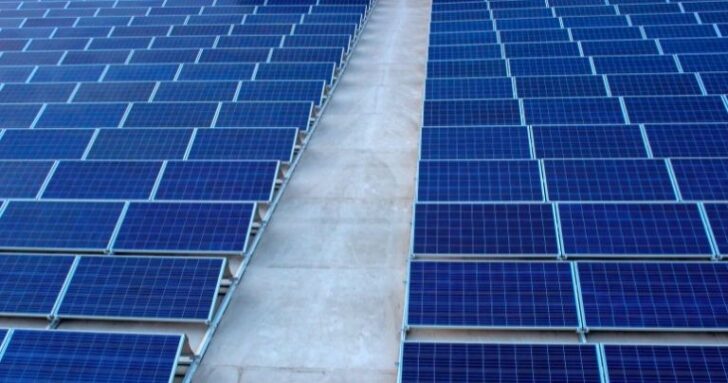The solar sector in the United States is currently in shambles. According to the Solar Energy Industries Association, 318 solar projects around the US have been cancelled or postponed in recent weeks, including one in Texas that would have powered more than 10,000 homes. This represents more than a third of the utility-scale solar development pipeline in the United States.
It’s all thanks to one corporation.
Auxin Solar, a tiny solar panel maker in San Jose, petitioned the Commerce Department to investigate whether Chinese solar products were being unlawfully trafficked via other Asian nations on their way to the United States in March.
Because the Obama administration put tariffs on Chinese solar panels in 2012 in an attempt to help US producers (like Auxin) compete with heavily subsidised products from Beijing, this is illegal.
The Commerce Department began looking into allegations that China was avoiding tariffs in response to Auxin’s appeal. However, because of the prospect of heavy retroactive duties, the investigation has raised costs for solar parts and effectively halted all imports of panels and components from those Asian countries (Cambodia, Malaysia, Thailand, and Vietnam). And not getting imports from those countries is a major issue, as they supply 82 percent of the most popular solar modules in the United States.
Solar activists are furious with Auxin and the federal government.
Solar growth has been placed on hold at a time when the US has to boost up clean-energy output to meet its climate ambitions, according to renewables leaders. Despite rising pressure on the Biden administration to intervene, Commerce Secretary Gina Raimondo acknowledged the displeasure but said a federal legislation mandating the department to examine charges of tariff avoidance “puts her hands highly limited.”
According to Auxin, the probe into possible Chinese wrongdoing is entirely justified. “We don’t have a business if we don’t do something about this,” CEO Mamun Rashid told the Washington Post, adding that he is astonished to be dubbed the “Phantom Menace” in this story.
Big picture: The Biden administration is having trouble reconciling the industry-wide freeze with its 2030 aim of reducing the cost of solar energy. Even if the investigation reveals no misconduct, industry experts believe the current uncertainty has already caused long-term harm.

